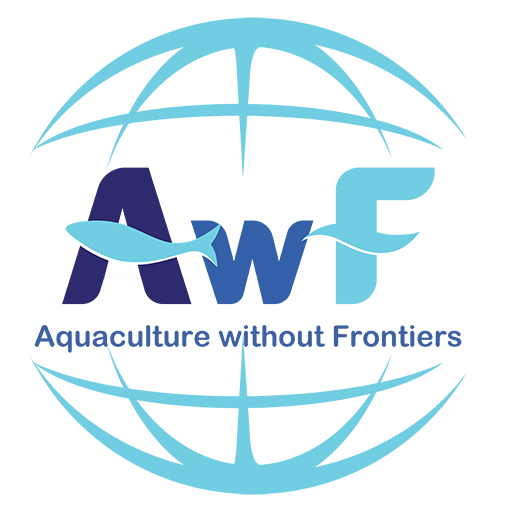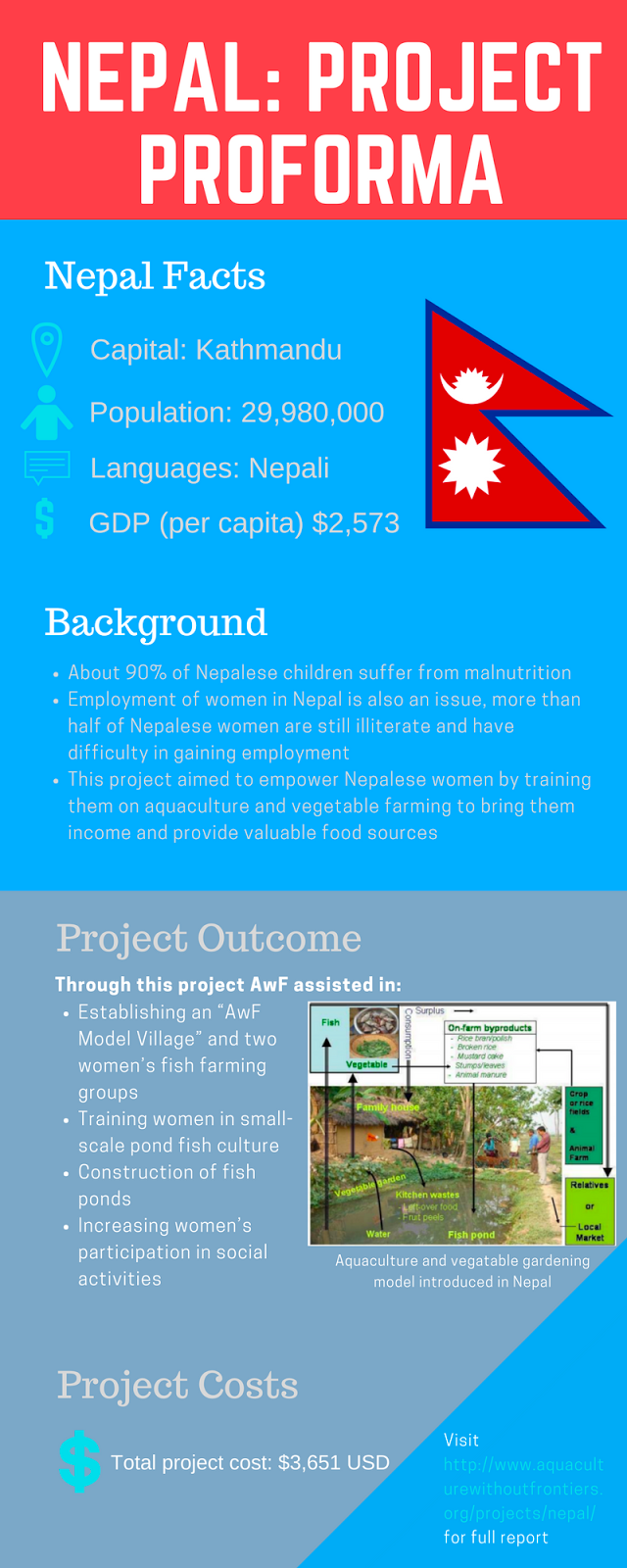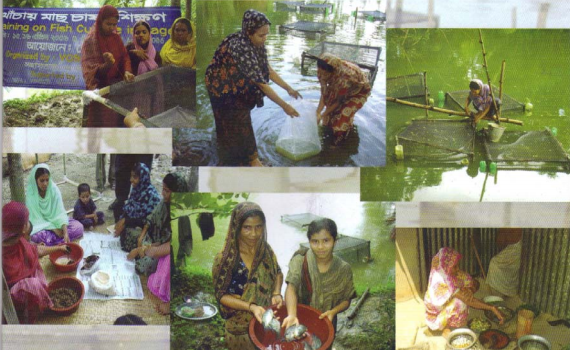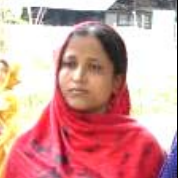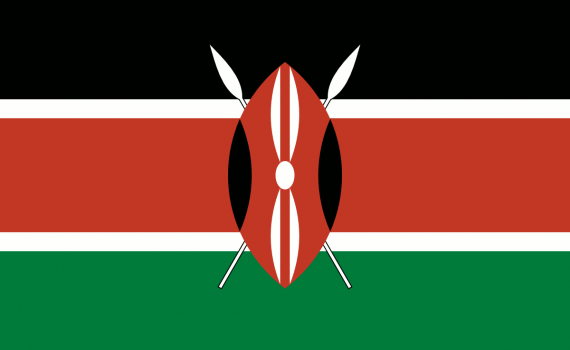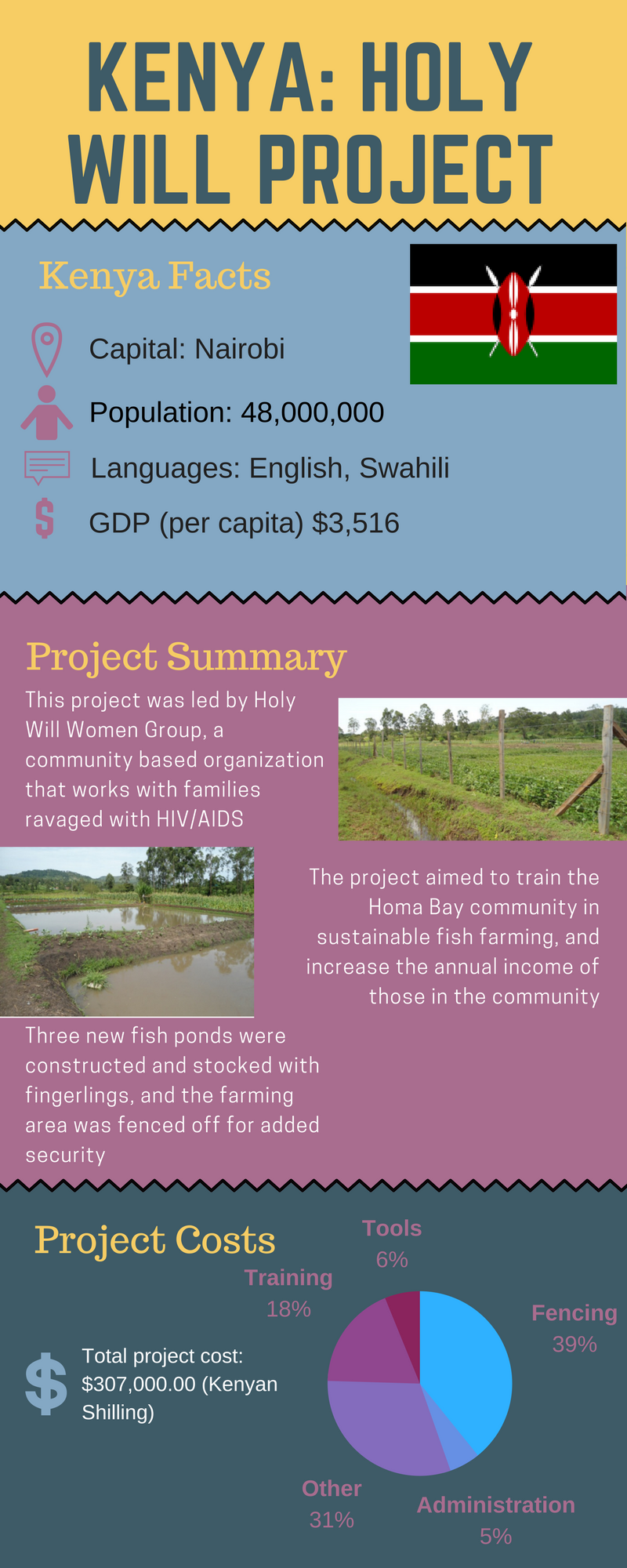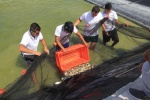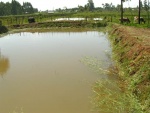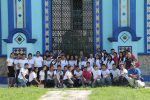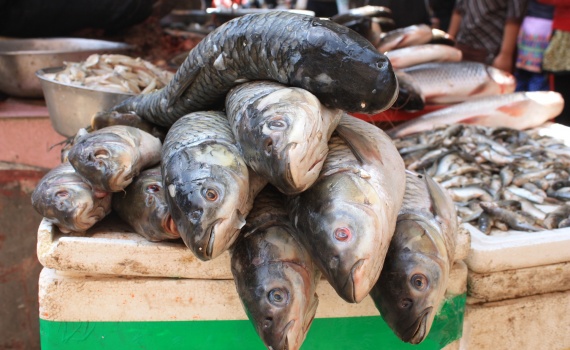
Nepal – Project Proforma
Category:Digital Stories,NepalFrom 2008 to 2010 Dr. Madhav K. Shrestha, Chair of the Aquaculture Department at the Institute of Agriculture and Animal Science, Nepal, led Project Proforma. Project Proforma focused on empowering women through aquaculture and vegetable gardening in rural areas of Nepal.
Malnutrition, especially shortage of protein and vitamins, is a serious problem in rural Nepal, with various reports showing that about 90% children suffer from one or more forms of malnutrition. Employment of women in the county is also a significant issue in the country, with more than half of Nepalese women are still illiterate and have difficulty in gaining employment. This project aimed to tackle both of these issues by:
establishing an “AwF – Model Village” and two women’s fish farming groups
training women in small-scale pond fish culture
assisting in the construction of fish ponds
assisting women to earn supplemental income while working at home
increasing women’s participation in social activities
By the end of the 24 month project, the participation of women in training, other project activities and group meetings enhanced the status of women in the society, and their income was increased through fish and vegetable sales. The fish and produce produced are also valuable food sources, and aim to reduce the malnutrition levels in the country.
